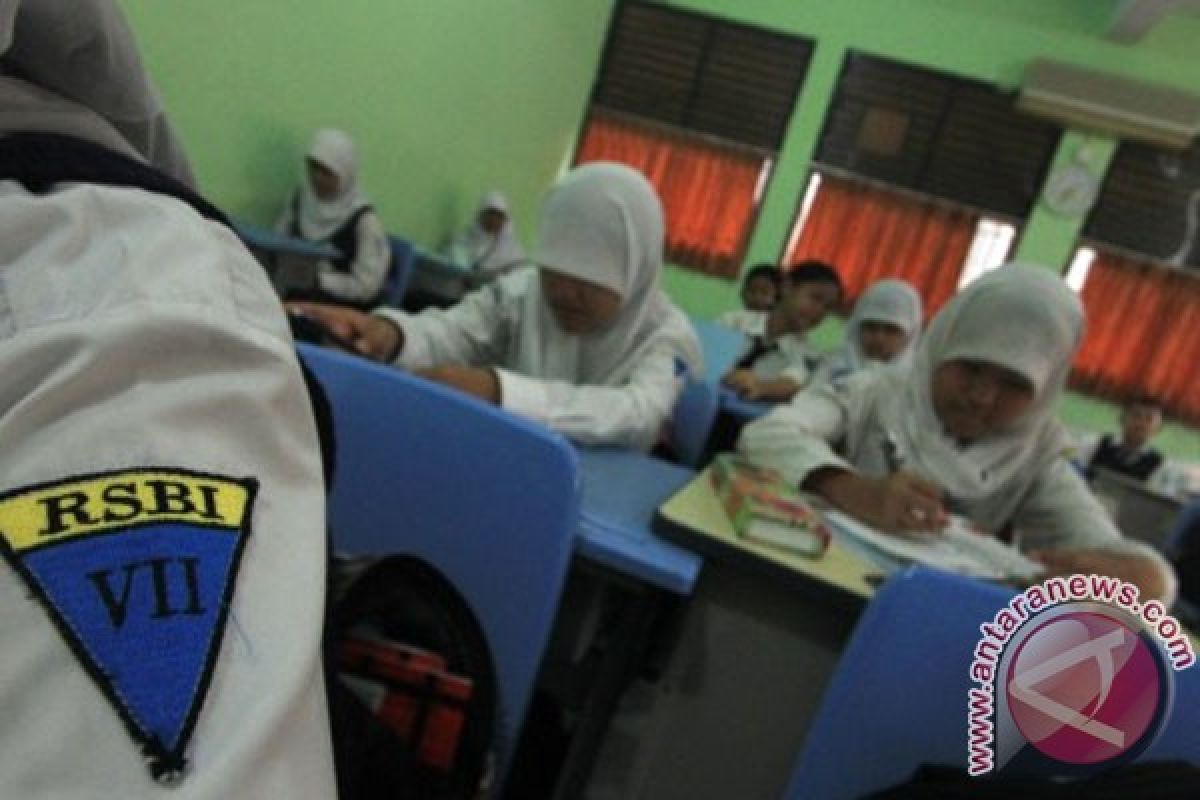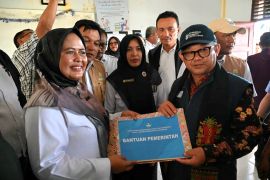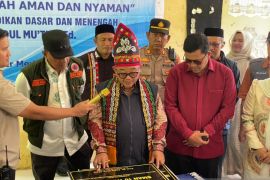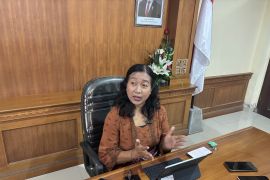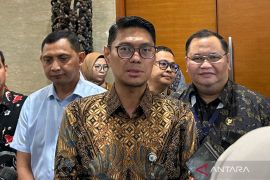Despite taking some seven years to fully develop, RSBIs have not demonstrated as much efficacy as initially anticipated in improving the quality of human resources in the nation, he noted in Padang on Monday, in an email from Australia.
He pointed out that although the majority of graduates from RSBIs scored above average grades on national exams and were widely accepted in state colleges, these factors alone cannot be a measure of success.
Making this an indicator of the success of RSBIs is obviously insufficient and seems to simplify the problem, said a PhD candidate from the Faculty of Education, Monash University, in Australia.
He believed this indicator was potentially biased because the majority of students attending RSBIs were already top students before their enrollment, and the same results could be expected from other national schools that have not been given the RSBI label.
Thus, the concern over permitting RSBIs relates to the potential for discrimination in favour of upper middle class families and students who are academically above average.
That is, students with average academic abilities, who come from very poor families, are less likely to enjoy the process of education at an RSBI, he said.
He believed the government needed to study the Finnish education system, which is known to be one of the best in the world.
Finland's education system is the best in the world because its education policy has been consistent for more than 40 years despite the change in ruling party during that time, he stated.
He explained that there is no method of boxing-in students at state and private schools since both receive the same level of funding from the Finnish government.
In Finland, the teachers are not just educators; they are also curriculum specialists, where the curriculum is very different at each school but still falls in line with official guidelines.
Thus, teachers in Finland are all post-graduates at the masters' level and have been selected from amongst the best graduates of various universities. The residents afford more importance to becoming a teacher than to becoming a doctor or an engineer.
He added that the government must continue to ensure that access to quality education is the right of all young people, regardless of economic background and academic potential.
(U.S038/INE/KR-BSR/A014)
Editor: Priyambodo RH
Copyright © ANTARA 2013
